Inequality
As they transform business and work, digital technologies have highlighted, and can deepen, economic and social fault lines across advanced and developing economies. How can the policy agendas in democratic societies harness technology to promote inclusive economic growth? In what ways can democracies use technological changes to build inclusive prosperity and bolster regional efforts to compete in global markets? And what can democracies do to facilitate the development of digital infrastructures that are developed by democratic countries and governed in line with liberal values?
Digital Development
The world is experiencing a fast-moving, Fourth Industrial Revolution, driven by digital innovation in the use of data, information, and technology. How can the U.S. along with a range of public and private partners, seize the opportunity to reduce the digital divide between nations and people in a way that benefits inclusive economic advancement and effective government in low- and middle-income countries, while also advancing the economic and strategic interests of the United States and its partner countries?
-
 ReportWhat is ‘good’ digital infrastructure? Measuring digital infrastructure to maximize development outcomes and mitigate risks
ReportWhat is ‘good’ digital infrastructure? Measuring digital infrastructure to maximize development outcomes and mitigate risksPriya Vora and Jonathan Dolan examine whether current measurement tools suffice in capturing the positive development impact of digital infrastructure and provide a lens through which to assess its potential downside risks.
Authors
-
 External PublicationBuilding blocks for a new US posture on digital development—from bilateral response to multilateral coordination
External PublicationBuilding blocks for a new US posture on digital development—from bilateral response to multilateral coordinationKay McGowan and Priya Vora examine digital policy trends that points to pathways for multilateral coordination for digital development for low- and middle-income countries.
Authors
-
 Up FrontHow can digital government advance global development and democracy?
Up FrontHow can digital government advance global development and democracy?George Ingram and Meagan Dooley share principles of good digital government.
Authors
-
 ReportBridging the global digital divide: A platform to advance digital development in low- and middle-income countries
ReportBridging the global digital divide: A platform to advance digital development in low- and middle-income countriesGeorge Ingram and Meagan Dooley examine the benefits of digital government service adoption in developing countries.
Authors
-
 ReportBridging the global digital divide: A platform to advance digital development in low- and middle-income countries
ReportBridging the global digital divide: A platform to advance digital development in low- and middle-income countriesGeorge Ingram outlines how the U.S. could bridge the digital divide between nations and people in a way that also advances its economic and strategic interests.
Authors
Disruptive Innovation and the Fourth Industrial Revolution
The Fourth Industrial Revolution — a broad range of innovations and disruptions reshaping the global economy — has major implications for productivity, sustainability, poverty, governance, and security. What are the drivers, challenges, and implications of the Fourth Industrial Revolution for Africa? How can this revolution accelerate growth, industrial innovation, and inclusive development on the continent?
-
 ReportEffective engagement with Africa: Capitalizing on shifts in business, technology, and global partnerships
ReportEffective engagement with Africa: Capitalizing on shifts in business, technology, and global partnershipsLandry Signé and Chris Heitzig analyze the major technological trends and demographic shifts creating opportunities in African countries and how the U.S. can best engage.
Authors
-
 ReportTechnology and the future of jobs in Africa
ReportTechnology and the future of jobs in AfricaLouise Fox and Landry Signé examine how new technologies will affect employment and productivity in Africa.
Authors
-
 ReportFrom subsistence to disruptive innovation: Africa, the Fourth Industrial Revolution, and the future of jobs
ReportFrom subsistence to disruptive innovation: Africa, the Fourth Industrial Revolution, and the future of jobsLouise Fox and Landry Signé review the main productivity issues currently preventing transformation of African agricultural, industrial, and service sectors, and ask how 4IR technologies might address them.
Authors
-
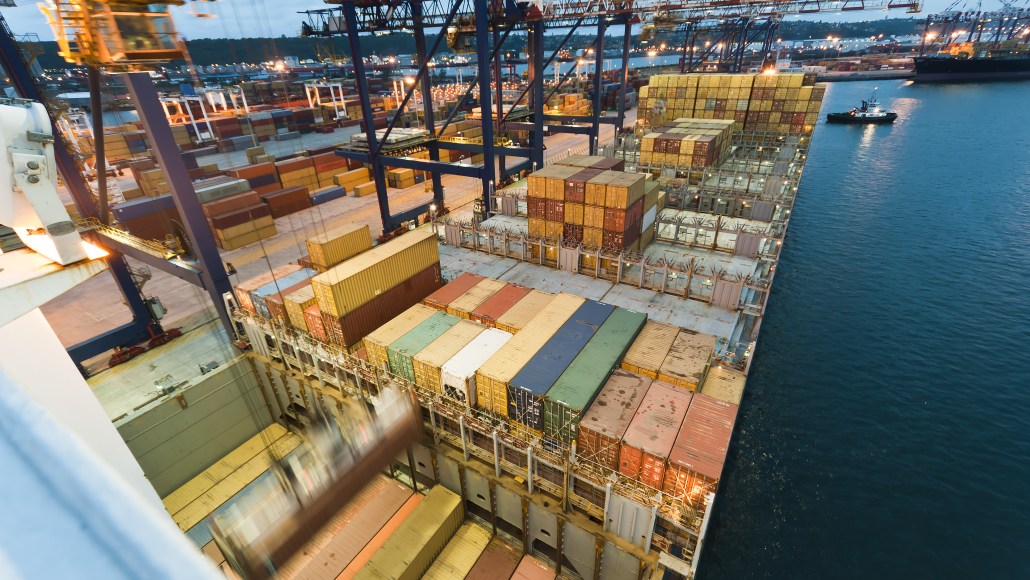 TestimonyUS trade and investment in Africa
TestimonyUS trade and investment in AfricaOn July 28, 2021, Landry Signé testified on U.S. trade and investment in Africa before the U.S. Senate Foreign Relations Committee Subcommittee on Africa and Global Health Policy.
Authors
-
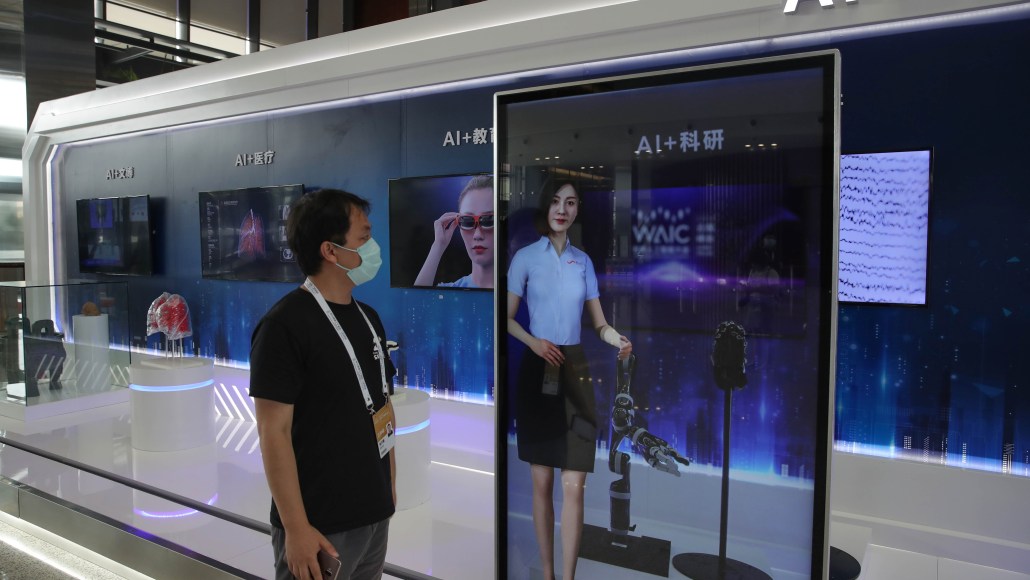 ReportA blueprint for technology governance in the post-pandemic world
ReportA blueprint for technology governance in the post-pandemic worldLandry Signé and Stephen Almond outline how regulatory reform offices can take a more innovation-enabling approach to regulation across government.
Authors
-
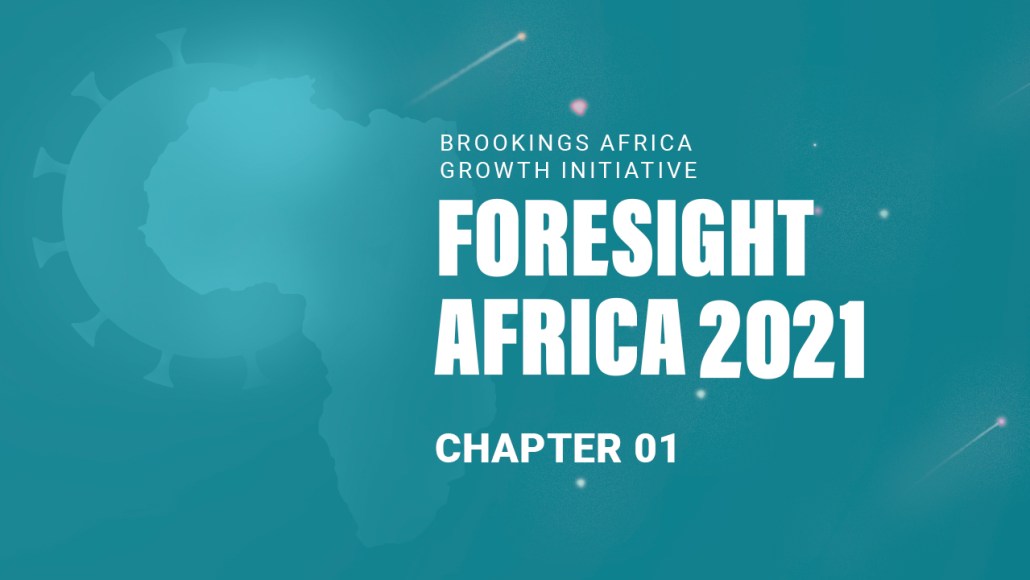 ReportEmerging stronger: How Africa’s policymakers can bolster their economies during and beyond the COVID-19 crisis
ReportEmerging stronger: How Africa’s policymakers can bolster their economies during and beyond the COVID-19 crisisAcha Leke, Landry Signé, and Vera Songwe offer strategies for Africa’s policymakers to approach the COVID-19 pandemic as an opportunity for a “great reset” of their economies.
Authors
-
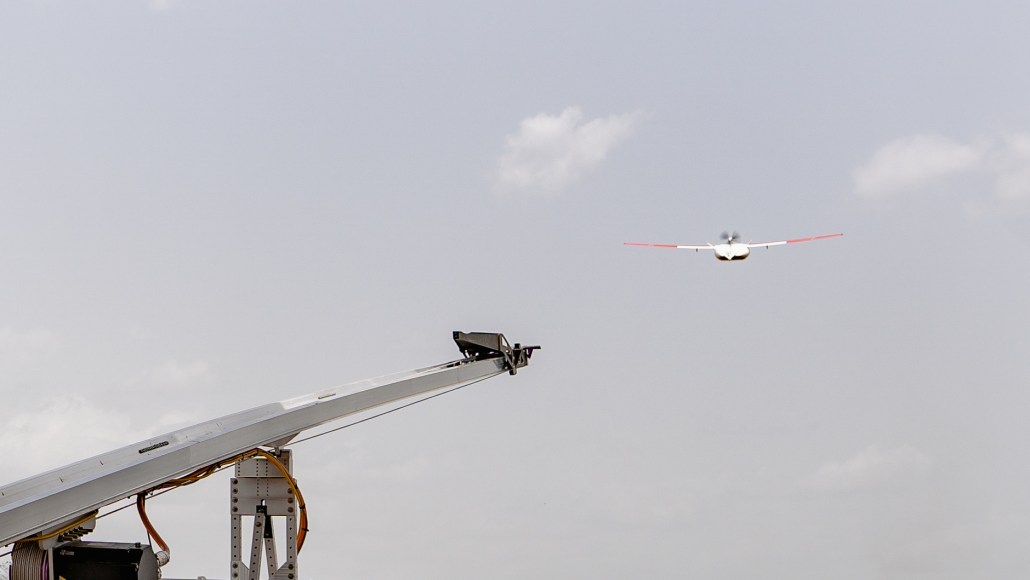 TechStreamThe promises and perils of Africa’s digital revolution
TechStreamThe promises and perils of Africa’s digital revolutionEmerging technology is having a powerful impact on the security and stability of African states. Yet the digital revolution’s ultimate legacy will be determined not by technology, but by how it is used. African countries that take advantage of the opportunities and limit the risks inherent in emerging technology may achieve greater peace and prosperity. Yet many countries could be left behind. As the continent recovers from the COVID-19 pandemic, its leaders face a choice between harnessing emerging technology to improve government effectiveness, increase transparency and foster inclusion, or as a tool of repression, division, and conflict.
Authors
Technology and Inequality
Advances in digital technologies hold great potential to boost human prosperity and welfare. But as digital technologies transform business processes and the nature of work, dynamics across product and labor markets are shifting in ways that can increase income inequality. What is the relationship between technological change and inequality? What factors are causing digital technologies to push inequality higher within economies? What do these technologies imply for inequality and economic convergence between economies? How will the next phase of digital transformation, led by AI and related new innovations, affect distributional dynamics? How can public policy promote more inclusive economic growth and development amid transformative technological change?
-
 EventProductivity in a time of change: Puzzles, prospects, and policies
EventProductivity in a time of change: Puzzles, prospects, and policiesOn April 11, Brookings and the Korea Development Institute (KDI) held a seminar at Brookings on “Productivity in a time of change.”
Information
-
 EventAn inclusive future? Technological change and public policy
EventAn inclusive future? Technological change and public policyOn June 14, the Global Economy and Development programs at Brookings hosted an online event on technological change and public policy.
Information
-
 BlogCan an inclusive future be envisioned in the digital era?
BlogCan an inclusive future be envisioned in the digital era?Zia Qureshi considers how to reduce economic inequality in the digital era.
Authors
-
 ReportAn inclusive future? Technology, new dynamics, and policy challenges
ReportAn inclusive future? Technology, new dynamics, and policy challengesDavid Autor, Kaushik Basu, Zia Qureshi, and Dani Rodrik consider technology’s implications for inequality and how public policy can build inclusive prosperity.
-
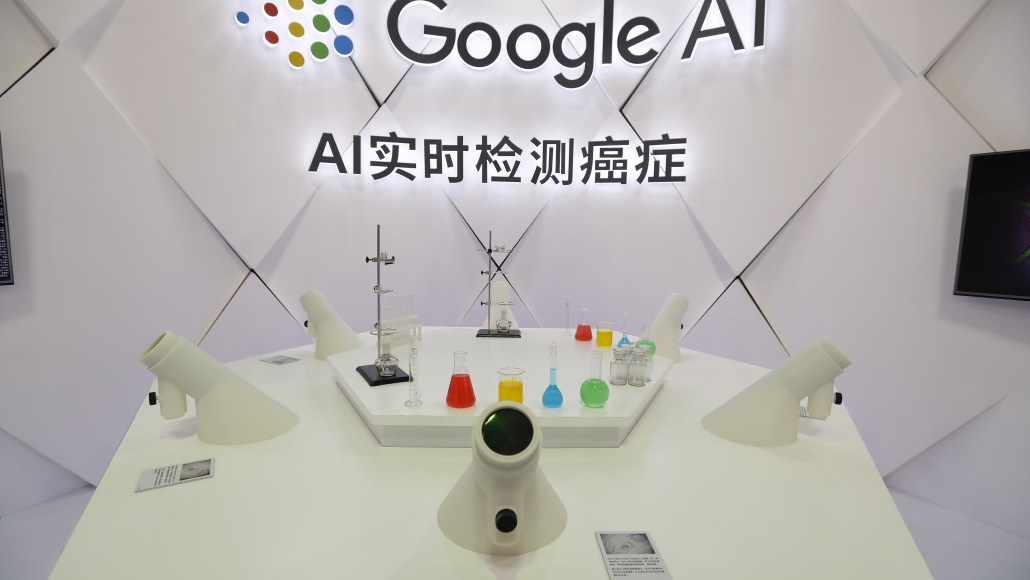 BlogGone digital: Technology diffusion in the digital era
BlogGone digital: Technology diffusion in the digital eraFlavio Calvino and Chiara Criscuolo navigates the paradox of slowing productivity growth in spite of rapid technological progress and the spread of digital technologies.
Authors
-
 BlogUnderstanding the impact of automation on workers, jobs, and wages
BlogUnderstanding the impact of automation on workers, jobs, and wagesHarry J. Holzer examines the implications of automation for workers, jobs and wages and discusses possible policy implications
Authors
-
 EventGrowth and distribution in the digital era
EventGrowth and distribution in the digital eraOn January 20, 2022, the Global Economy and Development program at Brookings, together with Korea Development Institute (KDI), hosted an online event to discuss how technology is reshaping economies and public policy agendas. Brief presentations on the books were followed by two panel discussions.
Information
-
 BlogHow digital transformation is driving economic change
BlogHow digital transformation is driving economic changeZia Qureshi introduces a new book that examines the implications of the unfolding digital metamorphosis for economies and public policy agendas.
Authors
-
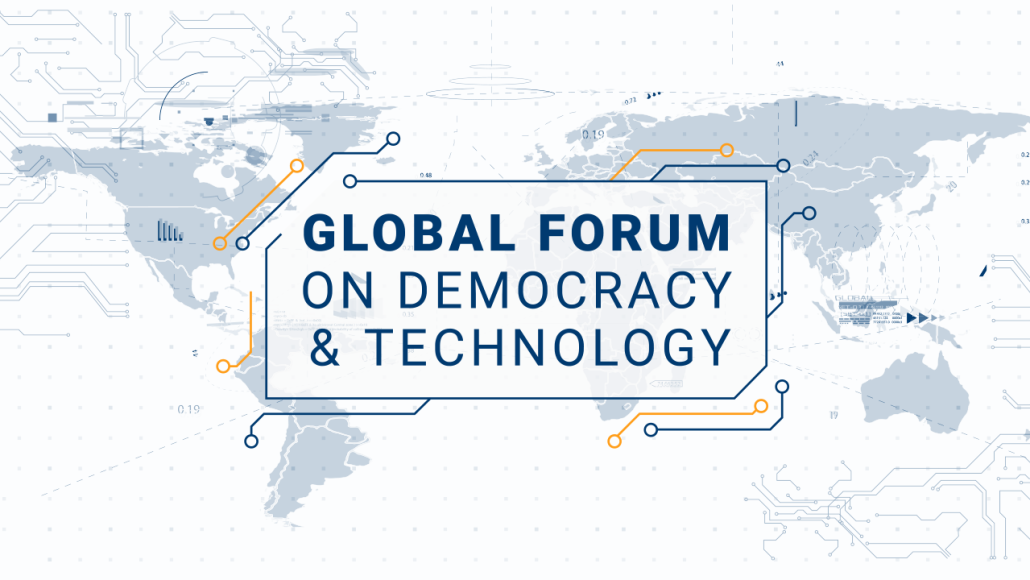 EventTechnology, inequality, and democracy
EventTechnology, inequality, and democracyOn December 8, the Brookings Global Forum on Democracy and Technology held a panel discussion to address new technologies' effects on economic inequality and implications for democratic governance.
Information
-
 TechStreamDesigning digital services for equitable access
TechStreamDesigning digital services for equitable accessThe design of digital services threatens to exacerbate inequalities in digital access.
Authors
-
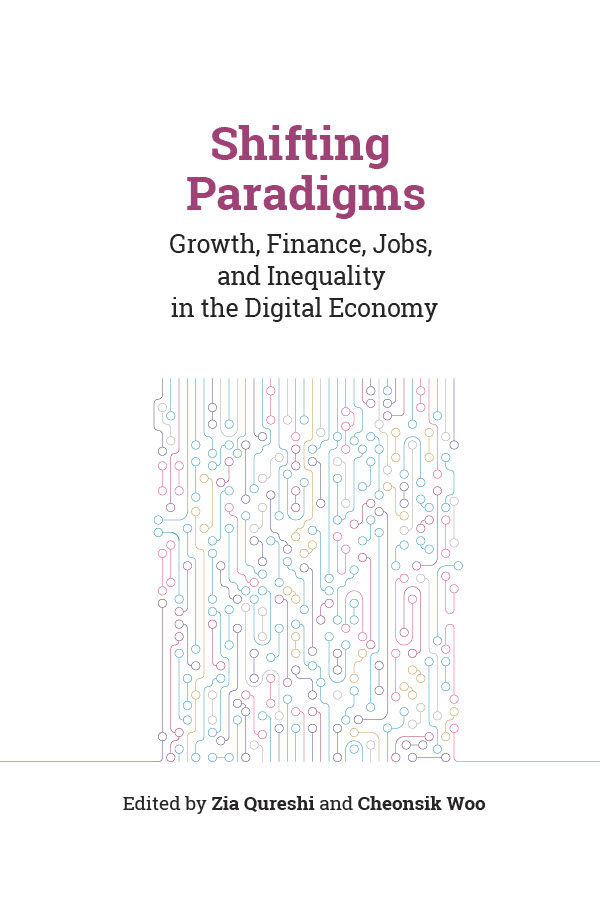 BookShifting paradigms: Growth, finance, jobs, and inequality in the digital economy
BookShifting paradigms: Growth, finance, jobs, and inequality in the digital economyRapid technological change—likely to accelerate because of the COVID-19 pandemic—is reshaping economies and how they grow. But change also causes disruption, creates winners and losers, and produces social stress. This book examines the challenges of digital transformation and suggests how creative policies can make it more productive and inclusive.
Authors
-
 ReportTechnology, growth, and inequality: Changing dynamics in the digital era
ReportTechnology, growth, and inequality: Changing dynamics in the digital eraZia Qureshi examines the promise and challenge of digital technologies for productivity growth and inequality.
Authors